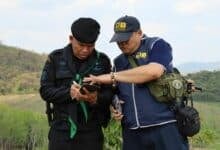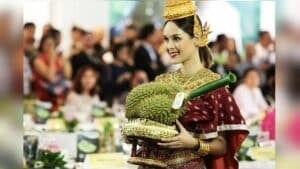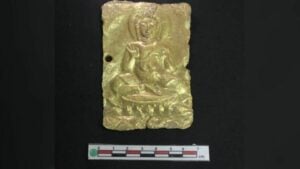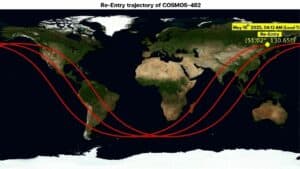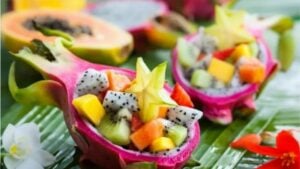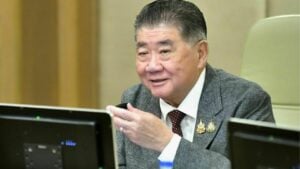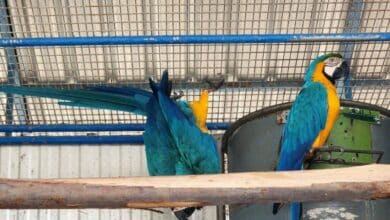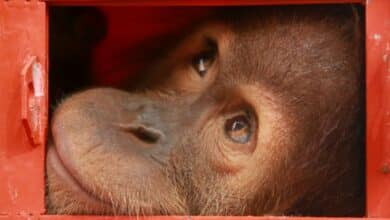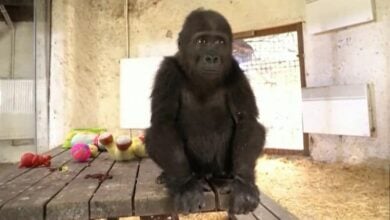In the soup – wildlife trafficker extradited to US
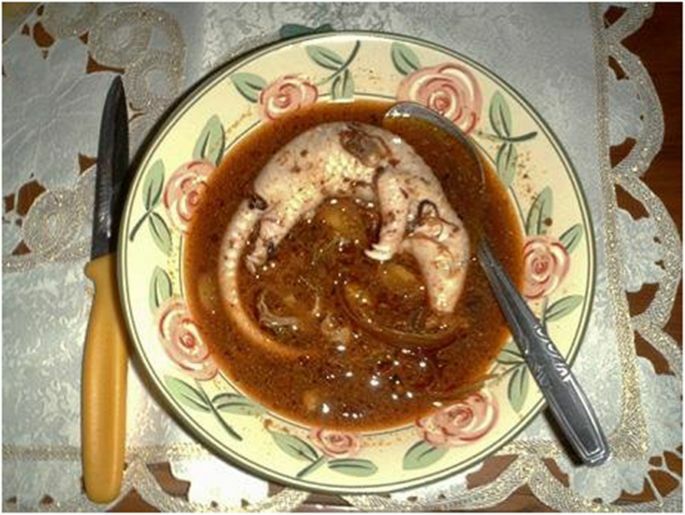
A Malaysian man arrested for alleged wildlife trafficking has been extradited to the United States. Teo Boon Ching, 57, was put on a flight to the US at Suvarnabhumi airport on Friday night.
The suspect, wanted on a warrant issued by the Criminal Court for colluding in wildlife trafficking and money laundering, was arrested at a Bangkok hotel on June 29.
Pol Lt Gen Jirabhop Bhuridej, commissioner of the Central Investigation Bureau said Ching was wanted by the US Fish and Wildlife Service for alleged involvement in a worldwide network of illicit trade in rhinoceros horn, elephant tusks and endangered wild African wildlife. He is also accused of laundering money for wildlife traffickers.

In comments on its website, the US Treasury Department said Ching, his trafficking organisation and the Malaysian firm Sunrise Greenland engaged in “cruel trafficking of endangered and threatened wildlife and the products of brutal poaching.”
Ching specialises in the transportation of rhino horn, ivory and pangolin from Africa, using routes through Malaysia and Laos to reach customers in Vietnam and China.
Increasing demand from Asian nations over the last decade has led to a poaching crisis that has decimated many African rhino populations.
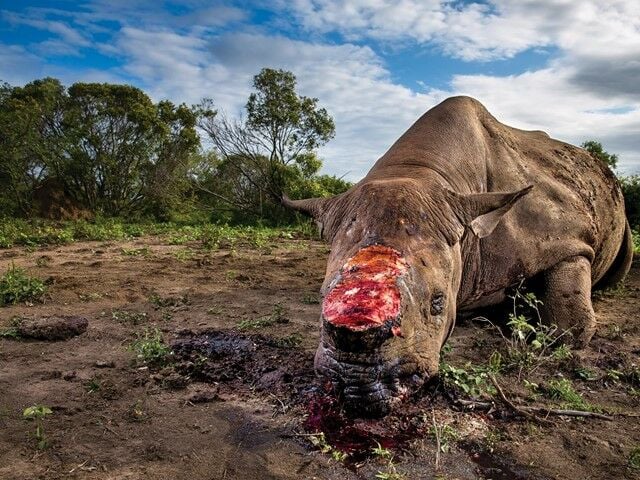
The insanely cute pangolin is perhaps the biggest sufferer in the world’s evil wildlife trade. Pangolins are believed to be the world’s most trafficked mammal, accounting for as much as 20% of all illegal wildlife trade, all for completely useless Chinese medicine or to make a tasteless brown soup

Ching faces one count of conspiracy to commit wildlife trafficking and two counts of money laundering in the US.
The money laundering charges carry a maximum sentence of 20 years in prison. The trafficking conspiracy charge a maximum of five years.
Latest Thailand News
Follow The Thaiger on Google News:

